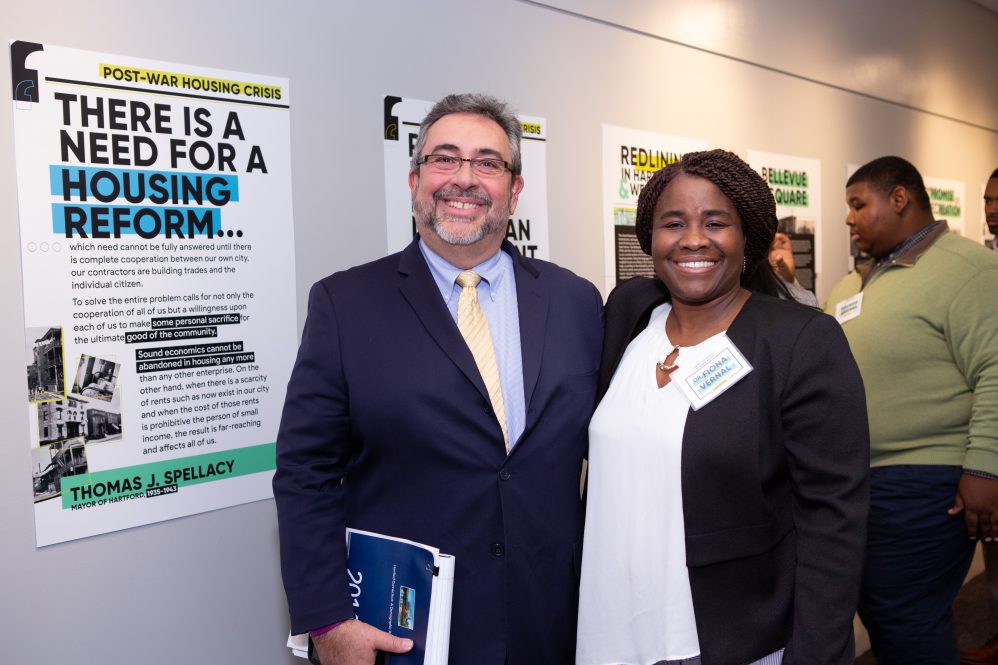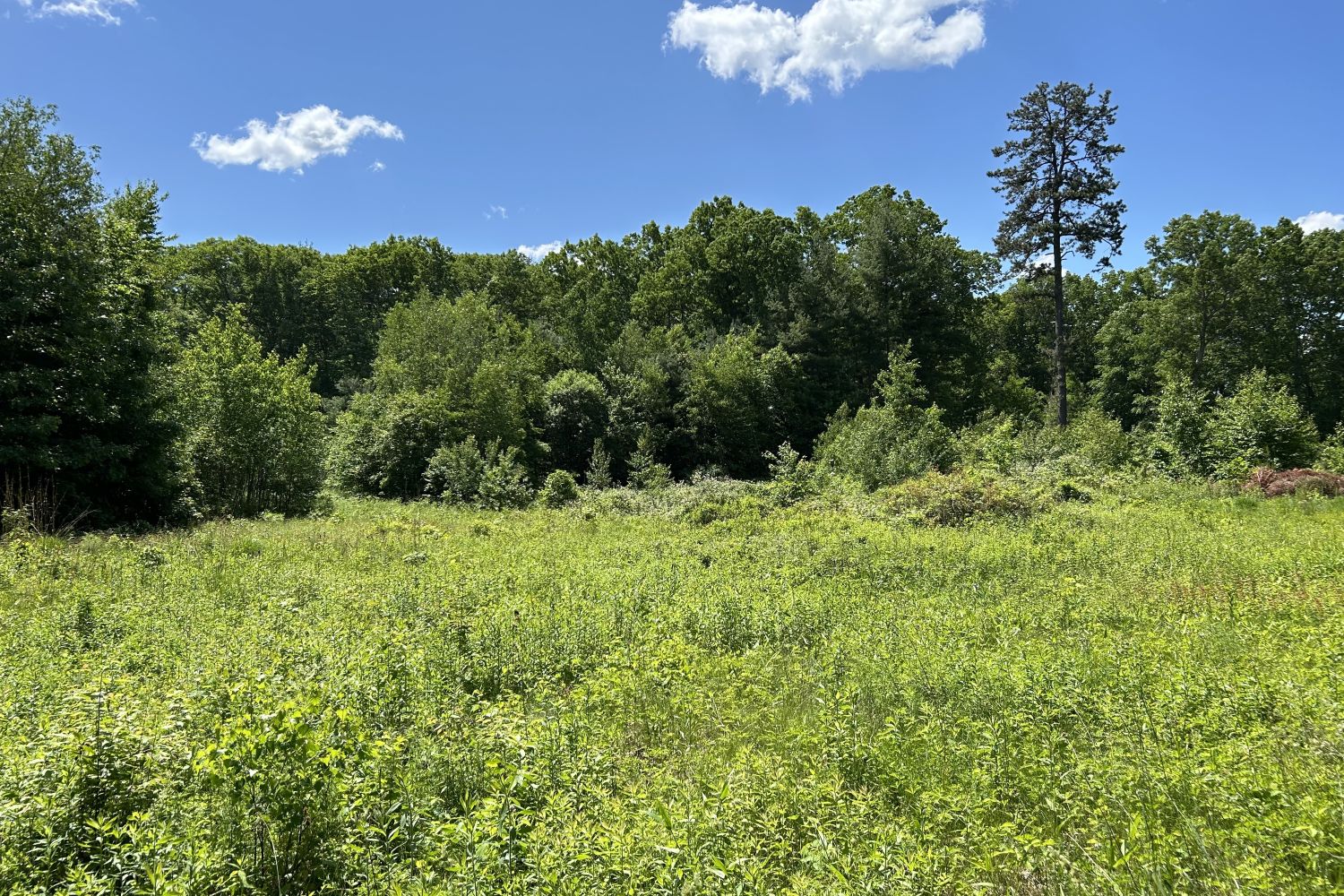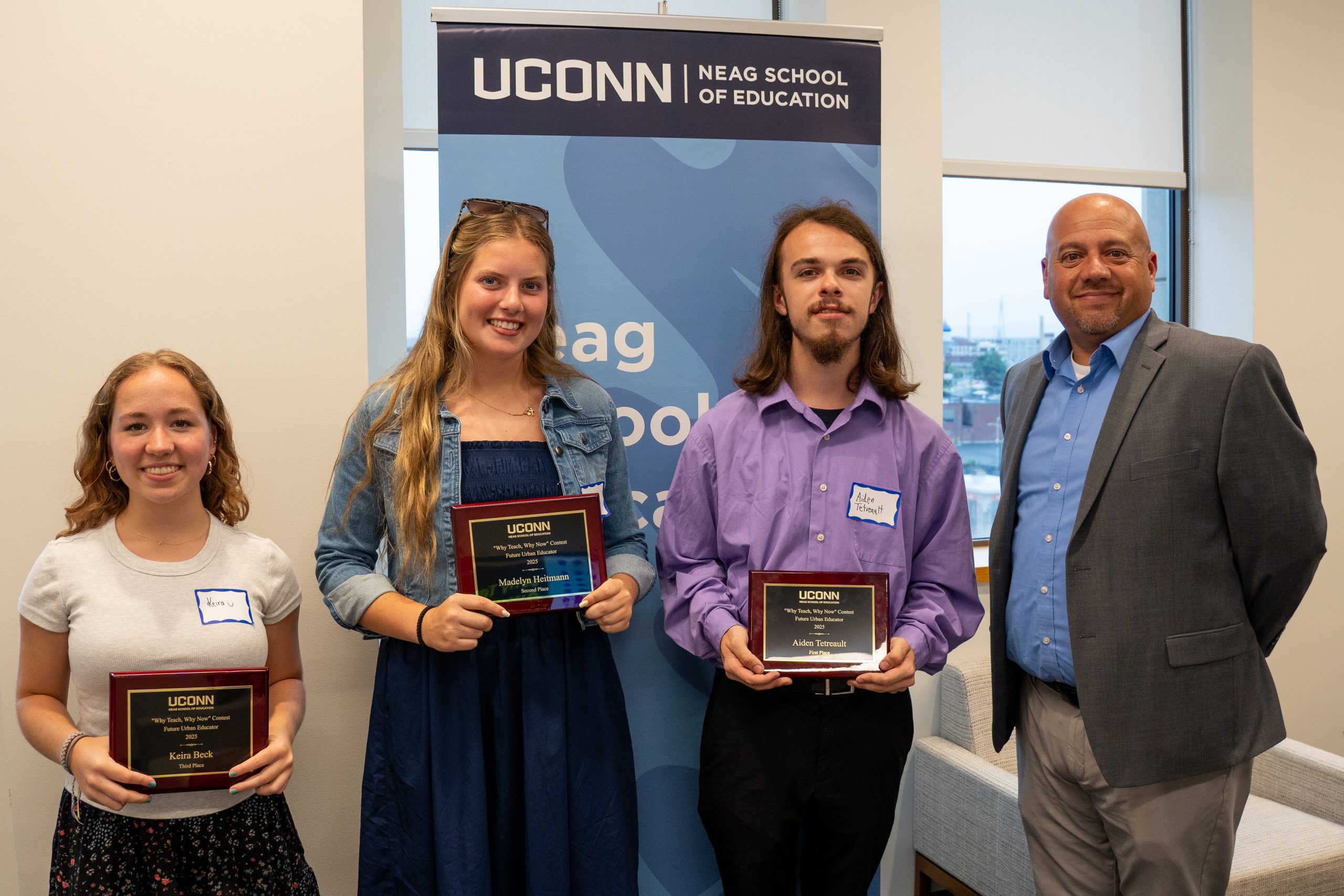Connecticut Humanities has awarded a $200,000 Partnership Grant to associate professor of history and Africana studies Fiona Vernal for the expansion of a public history program she pioneered in 2015.
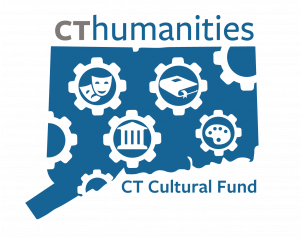
Vernal’s program, “An Integrated Framework for Engaged, Public, Oral, and Community Histories” (or EPOCH), encourages collaboration between UConn undergraduates, faculty, archivists, and community organizations to tell captivating stories that have taken place both across the globe and in Connecticut.
Past projects include an in-depth look at the exploitation of child labor in global chocolate production and an 80-year retrospective of housing discrimination struggles in Hartford. Now officially in partnership with Connecticut Humanities, EPOCH will work with towns across the state – beginning with Bloomfield, Windsor, and Enfield – to collect their own community histories.
A lack of archived material has prevented many smaller cities and towns from understanding and celebrating their own histories, Vernal says. For example, census records may reflect an influx of migrants to a particular community at a particular time, but the numbers don’t always translate to a sense of how these changes impacted individuals’ lives. This is especially true for marginalized communities, who are even less likely to see their stories formally archived.
But oral histories – verbal testimonials and life stories from people who have lived through the time period in question – can fill this gap.
EPOCH is based on “the notion that everyone’s story is an artifact,” Vernal says. “Everyone can give their own testimonial about their own life and their own emotions and what brought them to a place. And the more inclusive stories we want to tell, oral histories will be the way we do that.”
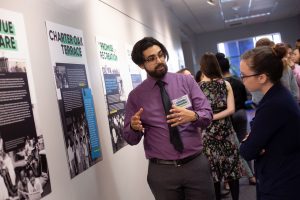
An EPOCH Beginning
In the wake of the 2008 recession, Vernal’s undergraduate students were facing a crisis of confidence, feeling the pressure to demonstrate measurable, hirable soft skills in their coursework.
This anxiety came to a head in Vernal’s South African history course in 2015. Vernal had planned the course to follow a lecture-based format, similar to how she had taught it in years past. But at her students’ prompting, she devised a new method of cooperative learning involving hands-on work in the archive and presenting historical research to the public. She didn’t realize it at the time, but she and her students had just originated the project that would become EPOCH.
“They just asked if we could do something different,” Vernal recalls of her students. She embraced the idea, spurred on by a belief that “teaching is supposed to be dynamic and iterative; I’m not supposed to be teaching the same class over and over again and nothing changes.”
Instead of lecturing to her students, Vernal flipped her classroom, encouraging students to complete reading assignments at home and come to class ready to wade into the archive. She tasked them with listening to, annotating, and synthesizing the hundreds of oral histories compiled in the African National Congress (ANC) Oral History Transcripts Collection housed at the Dodd Center.
The oral history collection, gifted to UConn in 2007 by the ANC, represents a uniquely expansive panoply of life stories from activists and political leaders who comprised the ANC during its resistance to apartheid. Vernal’s students leapt at the chance to produce some of the first public-facing scholarship based on the collection.
The class ultimately produced an exhibit that collated their findings from an in-depth analysis of the oral histories. “Children of the Soil: Generations of South Africans Under Apartheid” opened in April 2016 with a public keynote address and informative posters on display in the galleries of the Dodd Center.
“Students invited their family members, and they were producing for a public audience. It was amazing,” Vernal remembers. “They could meaningfully write about this for graduate school; they could talk about the experience of collaboration in a job interview. There were so many things that they could do, so many soft skills — collaboration, communication, critical thinking.”
For another installment, students researched a story closer to home. One of the most recent EPOCH exhibits, centering on housing rights struggles in Hartford from 1940-2019, opened at the Hartford Public Library in October 2019.
Going Deeper
While the series was interrupted by the pandemic, it is reemerging with support from Connecticut Humanities. Vernal hopes to facilitate oral history collection across the state, in addition to connecting communities with UConn’s expertise and resources to prepare public-facing work, like a “traveling trunk” of artifacts and a curricular element for educators to incorporate in K-12 classrooms.
The next year of EPOCH will be a busy one. In addition to community projects documenting African American genealogies and collecting the history of Bloomfield, Vernal is building hartfordbound.com, a digital humanities project that renders the history of Hartford through a series of 50 maps and 50 stories. James Kolb ’20 (CLAS) and former intern, is now the GIS Director and co-author on this project—another example of how undergraduates can develop skills and networks that translate in the broader workforce.
“It feels like running a startup,” Vernal laughs, “but instead of growth, growth, growth, my version is depth, depth, depth.”
Vernal would like to acknowledge the contributions of current and former EPOCH interns and graduate assistants; Professor Clarissa Ceglio, who provided digital media and design support; Stephanie Orts ’16 (CLAS), who was EPOCH’s creative director for its signature housing, child labor, and immigration exhibits until 2019; and Nate Dillard, of LunarX, EPOCH’s current creative director. Seed funders include UConn’s Office of Global Affairs, the History Department, the Geography Department, and Greenhouse Studios, and CLAS, Office of the Dean. The leadership and vision of Mark Healey, head of the History Department, and support from staff and faculty within the UConn Human Rights Institute, Africana Studies Institute, and Department of History have laid an important framework for public scholarship that is innovative, rigorous, and deeply rooted in local communities and the university curriculum.
About Connecticut Humanities
CT Humanities (CTH) is an independent, non-profit affiliate of the National Endowment for the Humanities. CTH connects people to the humanities through grants, partnerships, and collaborative programs. CTH projects, administration, and program development are supported by state and federal matching funds, community foundations, and gifts from private sources. Learn more by visiting cthumanities.org.
About the Connecticut Office of the Arts
The Office of the Arts is the state agency charged with fostering the health of Connecticut’s creative economy. Part of the state’s Department of Economic and Community Development, the Office of the Arts is funded by the State of Connecticut and the National Endowment for the Arts.
